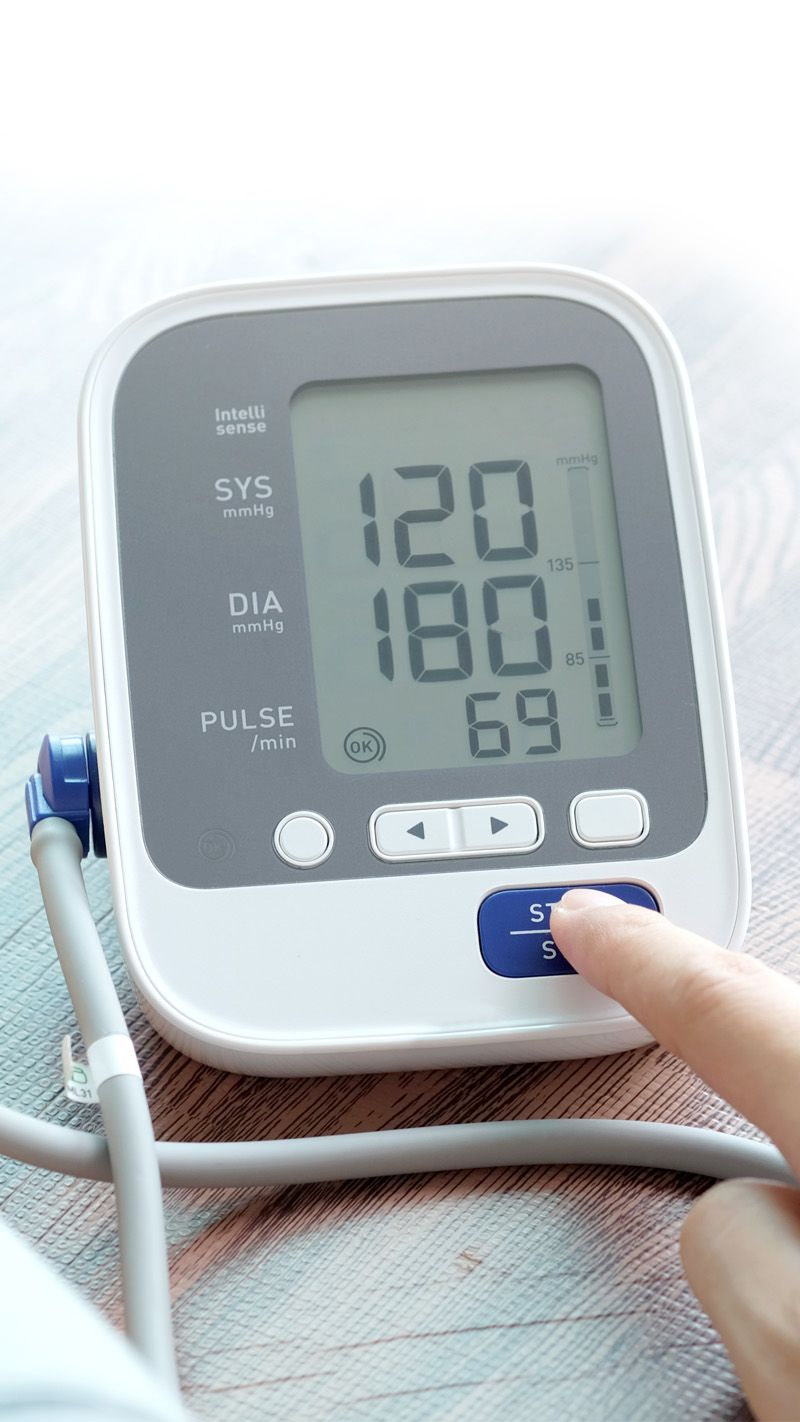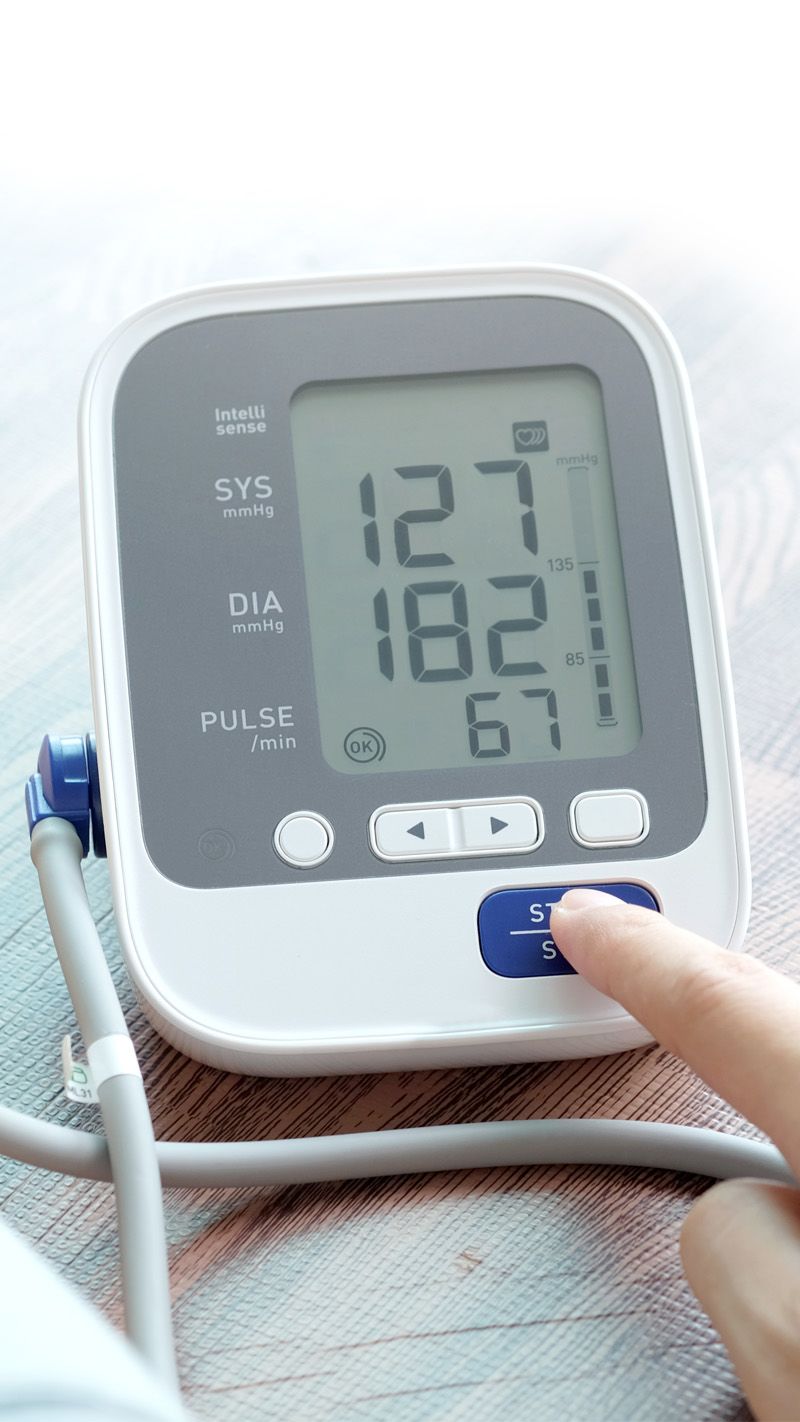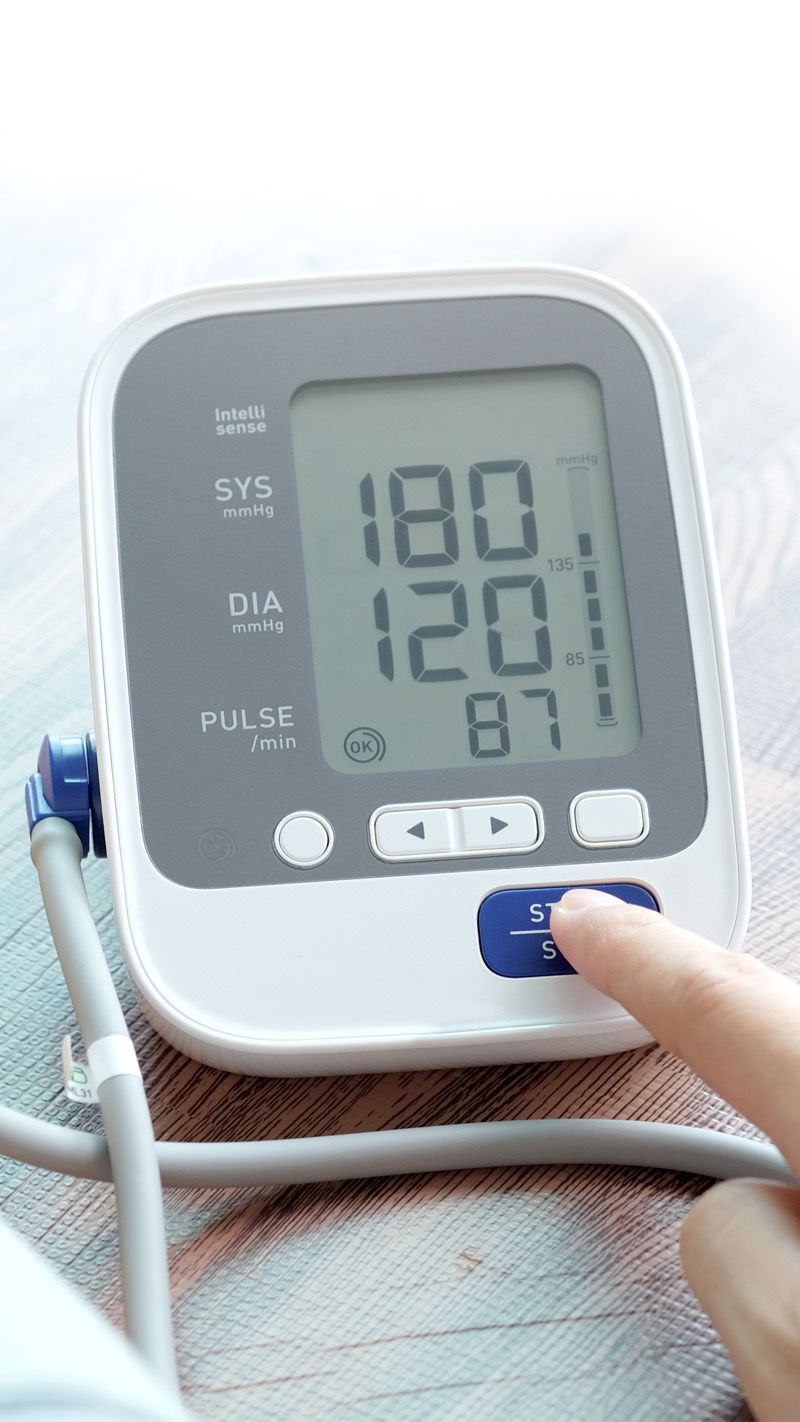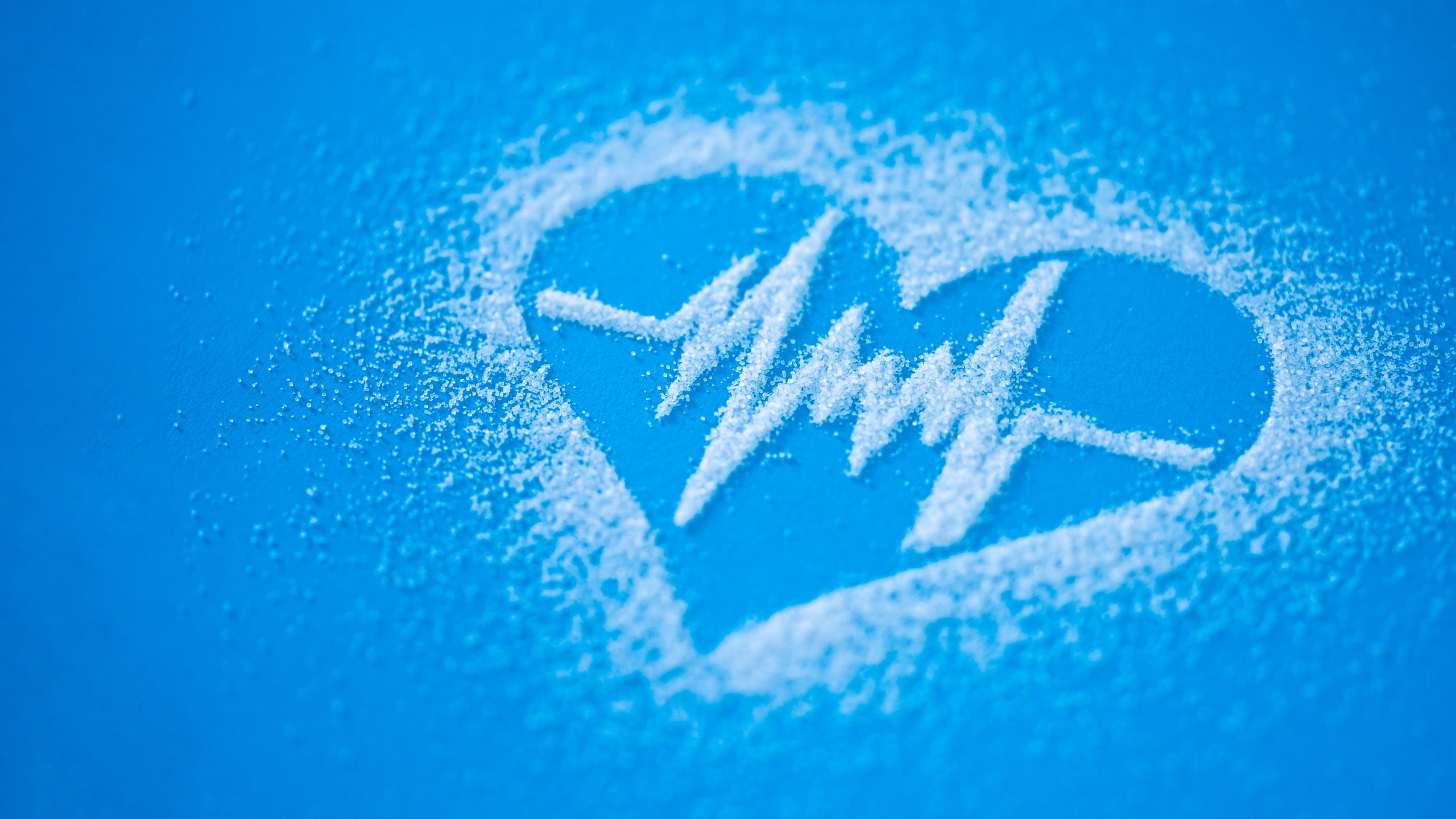Salt: Essential mineral or driver of disease?
It is well known that our current dietary salt intake far exceeds our body’s requirements. What do we know about the mechanisms that link salt intake and disease factors like hypertension?

Throughout history, salt has profoundly impacted human civilization. Before refrigeration, it served as a critical food preservative, fueling trade and sparking conflict over access. Its consumption rose dramatically after the agricultural revolution, from under 1 g/day in the Paleolithic era to 9-10 g/day in present-day Europe.
Notably, the evolutionary history of our ancestors, who navigated environments scarce in sodium, may explain their increased salt sensitivity and the prevalence of hypertension-related genes regulating sodium reabsorption.
High dietary salt is recognised as a significant contributor to essential hypertension development, potentially even causing direct damage to organs independent of blood pressure elevation. This association is linked to mechanisms including water retention, increased peripheral resistance, endothelial dysfunction, altered large artery structure and function, and changes in both sympathetic activity and cardiovascular autonomic nervous system modulation.
While often used interchangeably, salt (40% sodium, 60% chloride) differs from pure sodium. Dietary salt remains the primary source of sodium intake (~90%) and research consistently demonstrates a causal relationship between salt intake and blood pressure (BP).
HYPERTENSION OUTCOMES
The INTERSALT study, involving standardised 24-hour urine collection and BP measurement in individuals across 32 countries, established a direct link between salt intake and BP. This finding was corroborated by numerous large-scale studies and natural population-level experiments. Additionally, INTERSALT revealed an association between salt intake and age-related BP increase, suggesting long-term salt reduction could slow down rising BP.
Acute, drastic salt reductions trigger compensatory mechanisms like increased plasma renin activity and sympathetic nervous system activity. Some meta-analyses including short-term studies misrepresent the impact of salt reduction on BP and overall health. However, analyses excluding such studies demonstrate that moderate salt reduction effectively lowers BP in both hypertensive and normotensive individuals, with no adverse effects on blood lipids or catecholamines.
BP reductions after salt restriction are greater in individuals with pre-existing hypertension, Black ethnicity, and older age. This may be partially explained by variations in the renin-angiotensin-aldosterone system response. From a public health perspective, even modest population-wide salt reduction strategies, as seen in Finland and the UK, lead to significant reductions in population BP.
SALT REDUCTION
A dose-response relationship between salt intake and BP has been established through controlled trials assigning participants varying salt intake levels. These trials consistently demonstrated lower BP with lower salt intake, regardless of the sequence or dietary context. These findings, aligning with epidemiological and animal studies, suggest potential health benefits from further reducing salt intake beyond the WHO's recommended 5 g/day, as supported by the UK National Institute for Health and Care Excellence (3 g/day) and the US recommendations (4 g/day for specific population groups).
Salt reduction interventions, particularly when combined with dietary modifications like the DASH diet, demonstrate significant reductions in BP, emphasising the importance of multifaceted approaches in hypertension management. Notably, reductions in salt intake enhance the efficacy of RAAS blockers, suggesting synergistic effects in BP control, particularly in high-risk populations.
Evaluating the relationship between salt intake and cardiovascular outcomes requires comprehensive analysis. While cohort studies have historically shown a linear association between salt intake and cardiovascular risk, recent findings suggesting J- or U-shaped associations underscore methodological limitations, including reverse causality and inaccuracies in estimating salt intake.
Cost-effectiveness analyses support population-wide salt reduction initiatives, highlighting their potential to mitigate cardiovascular disease burden and healthcare costs. In high-income countries, collaborations with food industries to gradually reduce salt content in processed foods have proven effective, while mandatory salt targets show promise in certain regions.



THE DISSENTING VIEW
Existing literature supports the link between excessive sodium intake and BP, but recent studies propose alternative culprits like added sugars. Potentially, this is good news for societies like India with high traditional salt intake. Historically, humans have conserved sodium for physiological functions like fluid balance, especially in hot climates.
However, following low salt guidelines might lead to excessive consumption of processed foods to satisfy salt cravings, introducing harmful additives. Additionally, some studies suggest a J-shaped relationship between sodium and cardiovascular disease, with potential drawbacks at both low and high intake levels.
Studies that dissent from the consensus view on salt intake have been criticised for displaying a potential for bias and research funding issues hindering scientific clarity. This is not to say, however, that the link between salt and hypertension is not open to debate or critical evaluation.
CONCLUSION
Comprehensive studies reveal a direct causal relationship between salt intake and blood pressure, supporting the efficacy of population-wide reduction initiatives. While challenges exist, multifaceted approaches, including dietary modifications and collaborative efforts with industries, show promise in hypertension management.

REFERENCES
Balafa, O, et al, 2021. Salt sensitivity and hypertension. Journal of Human Hypertension. 2021 Mar;35(3):184-192.
Cappuccio, FP, et al, 2022. Sodium and Health: Old Myths and a Controversy Based on Denial. Curr Nutr Rep 11, 172–184 (2022).
Feng, J, et al, 2020. Salt Reduction to Prevent Hypertension and Cardiovascular Disease: JACC State-of-the-Art Review. J Am Coll Cardiol. 2020 Feb, 75 (6) 632–647.
